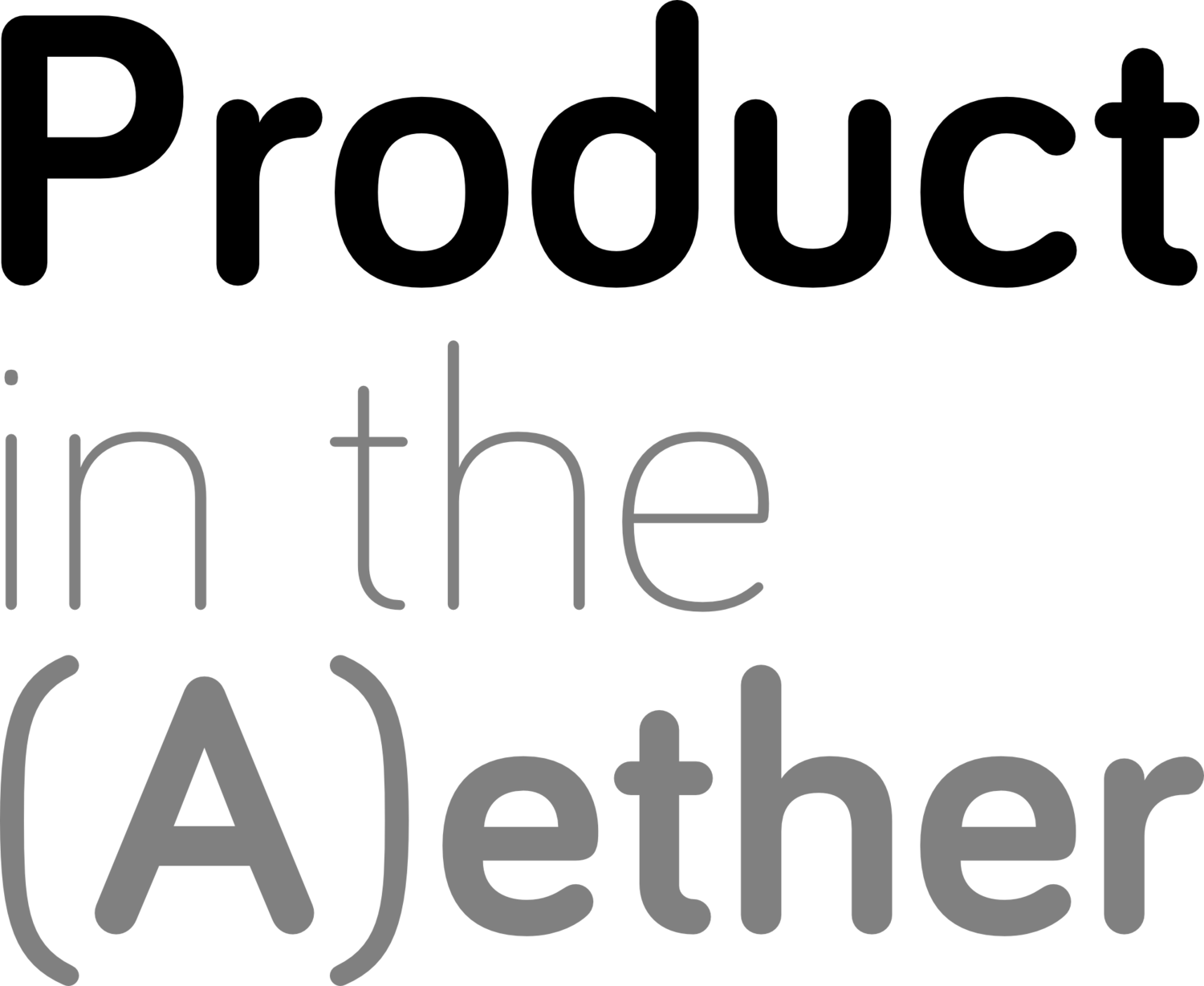PITA 036
ICEBREAKER: 15 second draw-a-horse challenge
TOPIC 1 Are you using opportunity tree mapping, and how does it work for you?
Teresa Torres’ book is great - Continuous Discovery Habits: Discover Products that Create Customer Value and Business Value
Yes, it’s a great conceptual model…
But it can be hard for others to grasp at times. So: Dragon Mapping as an easier version to use
Doing a lot of upfront work myself to lay it out has helped, with others checking/validating it
It’s helped people to concentrate on one bit, and understand how it fits into the whole
The struggle: but how do I then get it into tickets?
TOPIC 2 - I am using Continuous Discovery methods (recently started) but would love to hear practical tips on how to actually translate the solutions on to a dev board
Issue: the solution is vague at this stage - so how do we translate that into actions
So: write discovery/testing stories? Use David Bland’s Testing Business Ideas: A Field Guide for Rapid Experimentation as inspiration
It is the PM’s job to drag this thru - to get to the stage where there’s an artefact that can be understood for the next stage. That could be build, or prototyping - whatever is needed for the next level of validation.
There are some chapters in Shape Up that talk about translating the PMs “pitch" and the product team turning it into "scopes" to build
One team use the Opportunity Solutions Tree as the artefact. Another use it as the product backlog, then create sprint tickets. Another still used it to fill the gap between the streams of work.
TOPIC 3 - How do you balance transparency with information overload?
Start it small with lots of communication in an environment that isn’t used to it, then ramp it up slowly
People need to have access to the information that they need… but what are the right routes? What is the info that they need?
Regular cadence of things (show & tell, etc) is critical. It builds up expectations.
Self-service is good for people - solves the issue of overload
Centralised ops team and regular communications about business-critical capacity needs from the dev teams to deal with issues that weren’t part of day-to-day business strategy
TOPIC 4 -Communities of practice: where have you seen them work well? Where have they failed spectacularly?
OneHealth Tech - hubs in cities around the world, aimed at equality & diversity in the field, across many companies - worked really well for a while. A couple of amazing organisers really drove it. Really welcome and infectious. Fell off as one of them has dialled down their involvement.
Squad/Pod-based places - didn’t work well. Leadership by fear model, top down, meant that levelling up others was seen as a threat - going beyond your remit. It happened organically to some extent as a grassroots effort. Needs leadership with enthusiasm, especially as the org scales up.
In my org, commitment & prioritisation by the membership is key. Curation by the organisers makes a real difference - reading list/articles/content to share. Must be a safe space.
If you think that it’s important & valuable, then TREAT it like it is important and valuable. Don’t schedule it over lunch, devote actual work time to it.
Understand the makeup of people who attend - set up an agenda in advance, allocate time accordingly
Need to have a goal - and resource/sponsorhsip to follow up on any ideas
Failure modes: org not investing. Or community thinking it’s MORE important than the rest of the business priorities.
A sample agenda from a Goverment agency:
We meet weekly at 1pm on Thursdays.
Open dial in to all product people across the organisation – you will find:
Talks , show and tells & advice from other product managers
Product crits, bring us your work in progress and get advice
External speakers from across Gov and outside on all things product
Workshops on new product techniques
Share your product problems & woes
Lean coffee – come and ask and question of the product hive mind
See our Trello board for upcoming meet-up topics & useful resources
TOPIC 5 -Conferences and Events that changed you (for better or worse) -
For me, tech conferences get my creative juices flowing more than Product conferences - hearing from people doing OTHER things
It’s like Glastonbury - don’t see Beyonce, see something weird in a tiny tent
Going as a speaker is completely different than going as an attendee - sometimes better, sometimes worse
Don’t feel the need to see everything. Curate your experience. Relax. The ‘corridor track’ of just talking to people can be the best part.
Camp Digital was raved about recently
lots of good free ones too (and in my experience often more meaningful) - I like Women in Product

